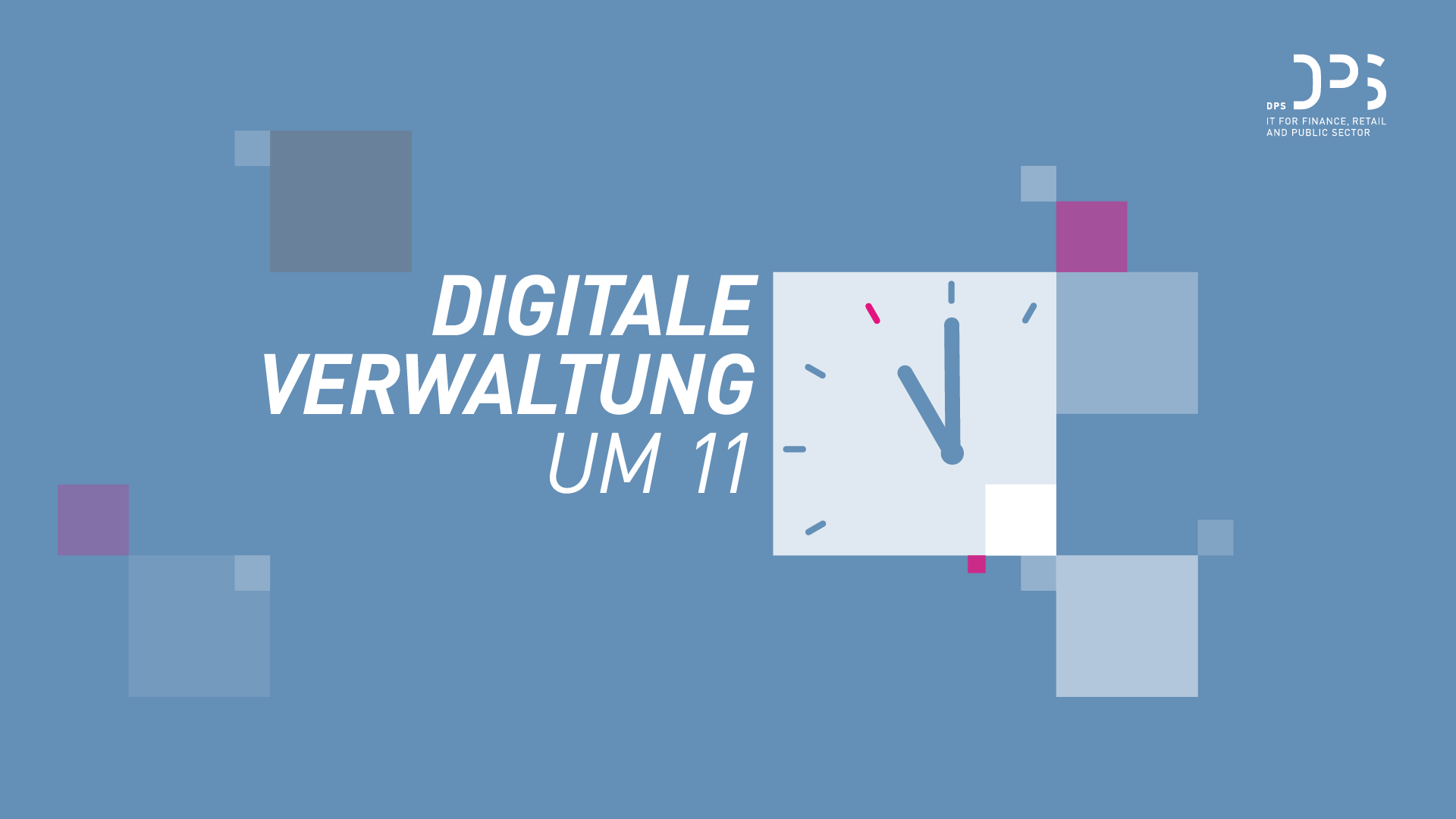DPS Innovation GmbH and Zeppelin Universität gGmbH have concluded an agreement on the implementation of a research project entitled “Payment for a smart city – financial transactions revolving around sensors and actuators, smart objects and cyber-physical systems in smart cities.” The project aims to develop innovative solutions for conducting secure financial transactions in public spaces and testing them with partners.
Public administration will increasingly rely on sensors and actuators for providing services in public spaces. The purpose of this is to use resources more efficiently; manage mobility more sustainably, and improve citizens’ quality of life. The various concepts of intelligently-networked digitalisation in urban space can be summarised under the buzzword “smart city”. Parking in public spaces, borrowing media from the public library, charging e-vehicles, using local public transport or other public infrastructure also involve payments. Municipalities are frequently still missing the appropriate smart payment and transaction infrastructure for chargeable services. This requires suitable and fair solutions. Citizens expect an appropriate and transparent user experience. Transaction processing needs to be secure, legally compliant and manageable for the municipalities. The project aims to close these gaps.
Prof Dr Jörn von Lucke, Chair of Administrative and Business Informatics and Director of The Open Government Institute (TOGI) at Zeppelin University in Friedrichshafen, is providing scientific support for the project. He is one of Germany’s leading experts on the topics of electronic government, open government, open data, and smart government. As a driver of numerous modernisation projects, he would like to contribute to the design and widely-based establishment of trustworthy payment and transaction systems in the smart context.
The city of Ulm and its Digital Agenda Office will provide project support. As a citizen-driven future city and a sustainable smart city, the city is suitable for constructive cooperation. Digital solutions for various fields of application and scenarios can be developed, implemented, tested and evaluated together with citizens and employees in test rooms.
“The secure processing of digital transactions in an intelligently-networked city is a real challenge,” Prof von Lucke emphasises. “After all, there are a large number of different options that are evaluated and accepted to varying degrees by the city, the administration and the citizens. In a mutual exchange among all involved parties, finding the appropriate solutions and standardising them is important. I am delighted that we are able to cooperate with the city of Ulm in this area.”



